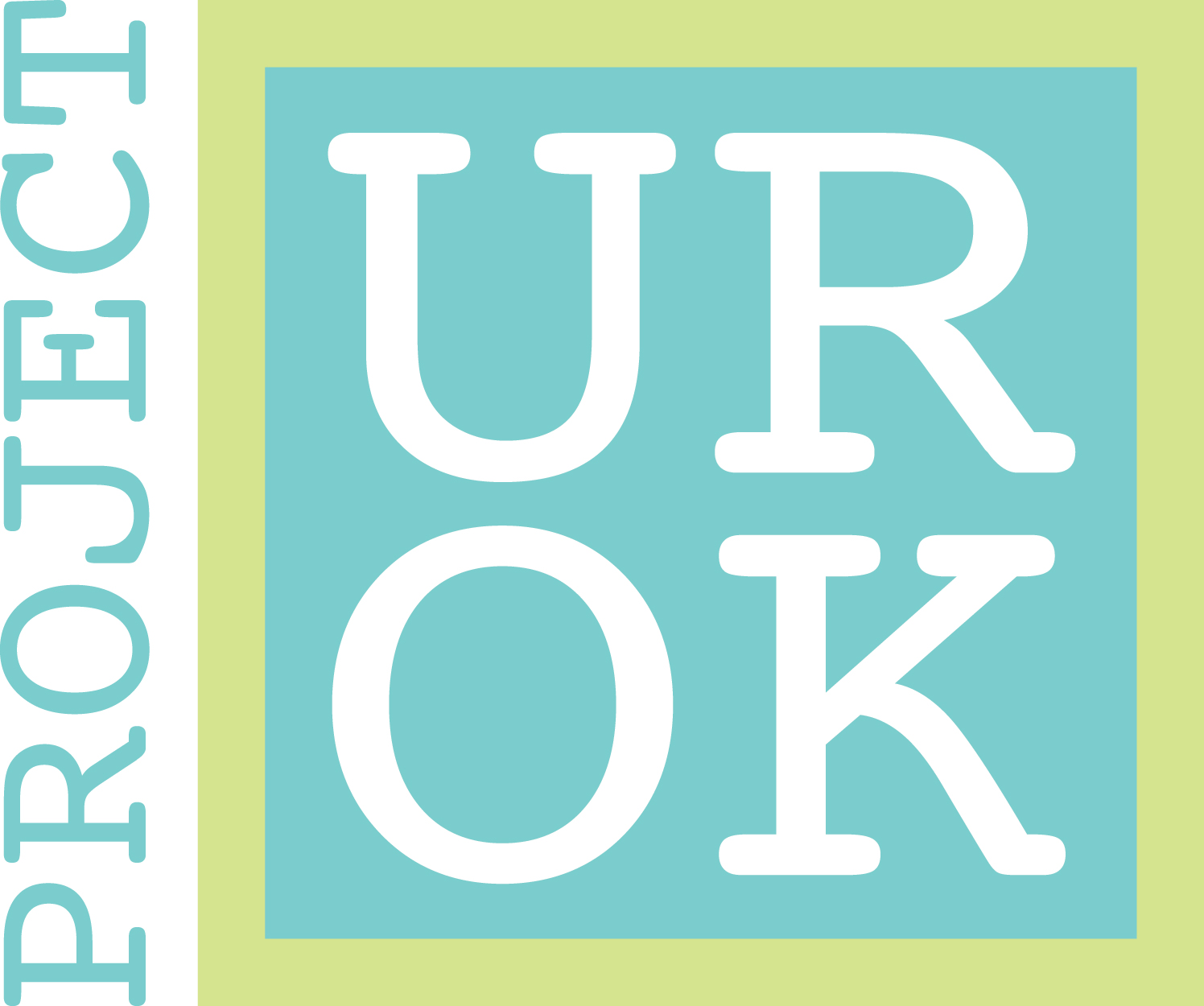I do not engage in full-time mental health work. but I do use my platform to regularly discuss mental health. I've written about my own challenges with depression for major publications and I host chats about mental health on Twitter. I try to be as open as possible about my past issues with depression so that others will feel safe to share their stories and seek the help they need. Many people have reached out to me on social media, which makes me feel very proud that my transparency makes a difference.
Read MoreI found Letters to Strangers when I was 14. Two years prior, I'd sunk deep into depression and bipolar disorder and attempted suicide. After that experience, I couldn't bear the thought of anyone feeling so lonely and lost. I believe in the power of human connection; that writing is humanity distilled into ink; that one letter - one human connection - can save a life. So when I heard of people at VidCon exchanging letters with strangers for fun, I transformed that into an in-school experience where peers could support each other with anonymous letters meant to share their own stories, thoughts, and provide solace in the comfort of respectful anonymity.
Read MoreI started working as a therapist 13 years ago. Someone who battles addiction doesn't just battle addiction. Everyone's story is combined. I started blogging about self-care and mental health two years ago to share resources and inspiration with people outside my therapy office. Self-care isn't just for therapy clients. Solution-focused care is needed worldwide. I want people to walk out of their house every day knowing what they need & honoring their needs in order to be a kinder, more empathetic human.
Read MoreMinority mental health matters to me because in my community, it is still so taboo to discuss it. My dad was from India and my mom is African American. I was raised in an all African American community, and people did not talk about mental health. Even now, it seems that many are still afraid to face these issues head-on. What so many don't understand is that help is there and it is possible to lead a successful life. There are so many levels of mental health and I want to do my part to raise awareness.
Read MoreMinority mental health matters for a myriad of different reasons. Minorities and people of color carry the weight of our collective trauma. No matter how we dissect it, we're still trying to make sense of some heavy historical pains. As people of color, we don't receive adequate and ongoing mental health support. During my time serving as a community-based therapist, I witnessed everything. I stood helplessly over incubators looking at newborn babies addicted to heroin. I cried with mother's as their children were shipped off to juvenile detention centers. I was also faced with de-escalating multiple violent domestic disputes.
Read MoreMental illness doesn't discriminate yet we have a really hard time talking openly about it in communities of color. I think there's a misconception that self-care is a luxury that other people can afford but we, as people of color, should be "strong" enough to shake off any issues we face.
Read MoreHow I got involved...well I struggled with recurring symptoms of depression starting in my childhood, which became more severe in my teenage years. My senior year of high school, I asked adults for help but was told, "this is just teenage angst." Then, my freshman year of college, I lost a friend who was diagnosed with bipolar disorder to suicide.
Read MoreDuring my darkest hour of depression, when I didn't think I could hold on to life for another day, I remember wishing there was a place where I could talk to other women of color with similar experiences. Years later my passion for mental health and my life-long fascination with writing and literature came together when I started my blog Spoken Black Girl. Since then, I've been raising awareness about mental health and mental illness while creating spaces for women of color to share their stories of healing through writing. My latest project is Spoken Black Girl Magazine, an online space where women of color can share their wellness journeys while learning from the experiences other women of color.
Read More







